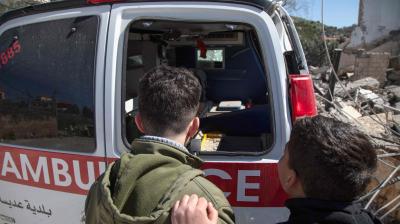In climate text war, a little means a lot
Will a battle over two words — “shall” and “should” — decide the fate of humankind
Will a battle over two words — “shall” and “should” — decide the fate of humankind
Negotiators gathered in Paris are trying to craft an historic global deal by December 11 to save humanity from a feared climate catastrophe.
But in front of them is a 54-page draft of mind-wrenching complexity — a textual labyrinth where gremlins and booby traps lurk in every dark corner.
It has been described as the most complicated international agreement ever attempted, committing every nation to action to roll back carbon gases that act like a blanket, trapping the Sun’s heat around the Earth.
The post-2020 pact has far-reaching consequences for every all, from low-lying islands that risk being swamped by rising seas to poor nations that demand the right to power their way to wealth by burning fossil fuels, the biggest source of so-called greenhouse gases.
With stakes so high, every word counts. So, in the draft deal, for example, negotiators have to decide whether to use the word “shall”, which is mandatory, or “should”, which is just a guideline.
It is a choice that comes up not once, not twice, but 34 times in the draft text.
It is a tradition that whenever there is a disagreement over the wording of proposed international accords, the disputed text is placed in brackets for participants to make a decision later.


















